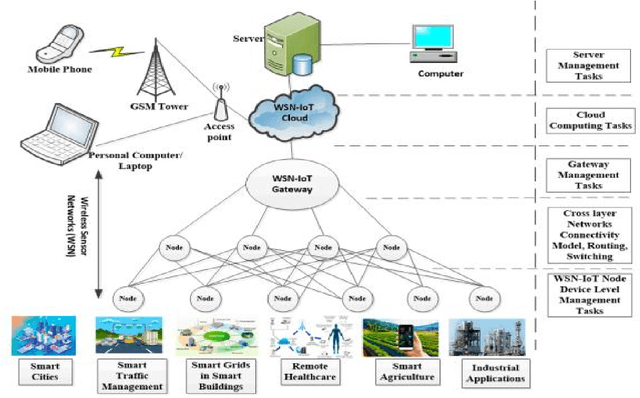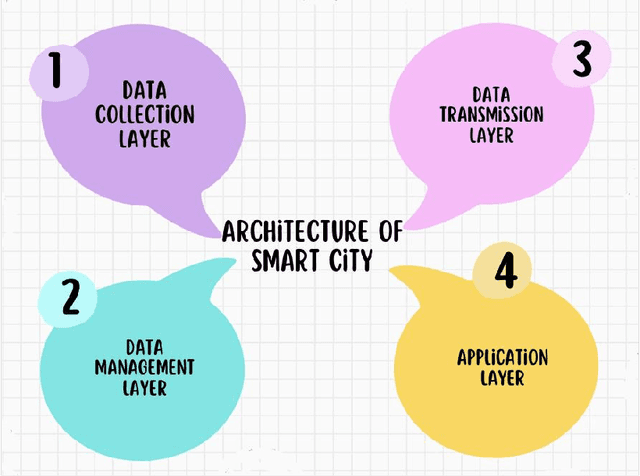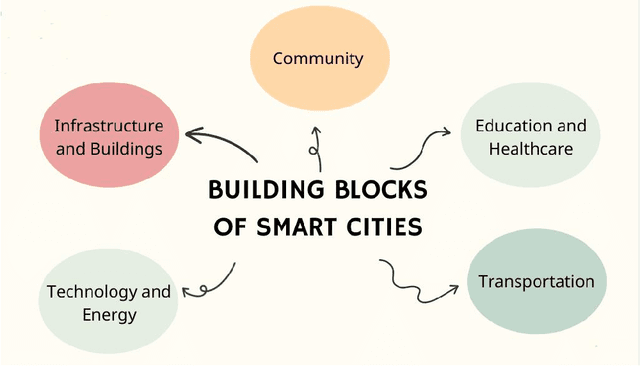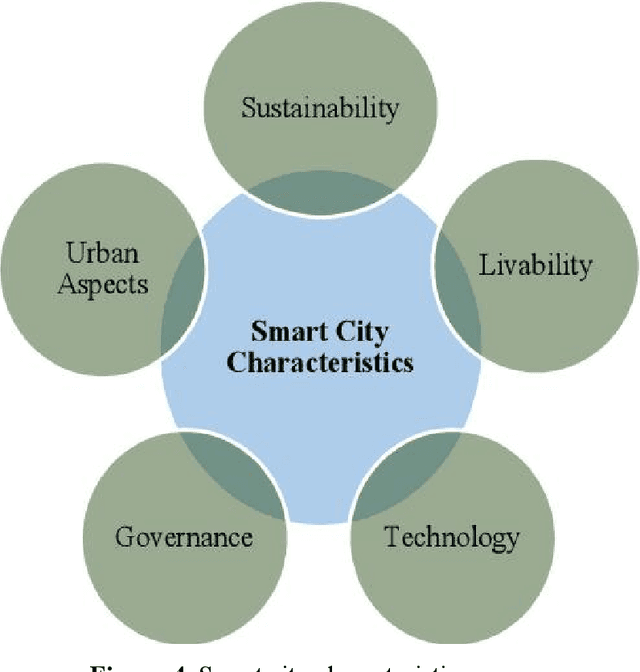The Role of LLMs in Sustainable Smart Cities: Applications, Challenges, and Future Directions
Paper and Code
Feb 07, 2024



Smart cities stand as pivotal components in the ongoing pursuit of elevating urban living standards, facilitating the rapid expansion of urban areas while efficiently managing resources through sustainable and scalable innovations. In this regard, as emerging technologies like Artificial Intelligence (AI), the Internet of Things (IoT), big data analytics, and fog and edge computing have become increasingly prevalent, smart city applications grapple with various challenges, including the potential for unauthorized disclosure of confidential and sensitive data. The seamless integration of emerging technologies has played a vital role in sustaining the dynamic pace of their development. This paper explores the substantial potential and applications of Deep Learning (DL), Federated Learning (FL), IoT, Blockchain, Natural Language Processing (NLP), and large language models (LLMs) in optimizing ICT processes within smart cities. We aim to spotlight the vast potential of these technologies as foundational elements that technically strengthen the realization and advancement of smart cities, underscoring their significance in driving innovation within this transformative urban milieu. Our discourse culminates with an exploration of the formidable challenges that DL, FL, IoT, Blockchain, NLP, and LLMs face within these contexts, and we offer insights into potential future directions.
 Add to Chrome
Add to Chrome Add to Firefox
Add to Firefox Add to Edge
Add to Edge